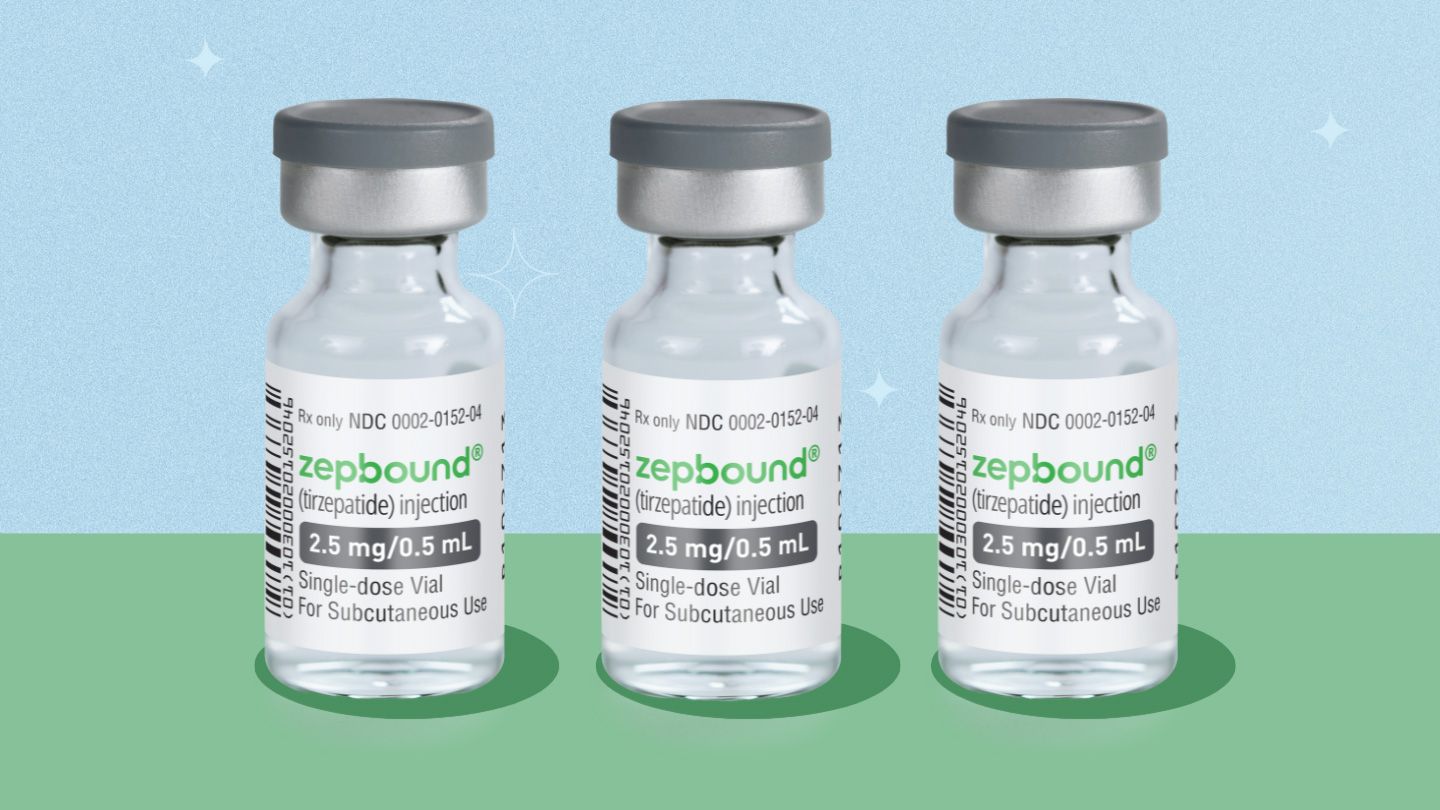Got COVID19 and now feel that your chest is acting a little off? You might be dealing with something doctors call COVID19 heart inflammation. It's a rare but real condition where the virus (or the body's response to it) inflames the muscle that pumps blood the myocardium or the sac around it. If you notice new chest pain, a racing heart, or you're just shortofbreath, it's worth checking in with a healthcare professional right away.
Below you'll find the plainEnglish version of what the latest research says, why it matters, and how you can protect yourself and loved ones. Think of this as a friendly chat with a knowledgeable buddy who wants you to feel confident about your heart health.
What Is Inflammation?
In medical speak, "myocarditis" means inflammation of the heart muscle, and "pericarditis" refers to inflammation of the lining around the heart. When we tack on "COVID19", we're talking about inflammation that appears during or after a SARSCoV2 infection. The virus can either attack heart cells directly or, more commonly, set off a cascade of immune signals that end up scaring the heart tissue into swelling.
Imagine your heart as a welltuned drum. When a firecracker (the virus) explodes nearby, the drum skin (the heart tissue) can get bruised and puffy. That puffiness is what we call inflammation, and it can interfere with how efficiently the heart pumps blood.
How Common Is It?
Incidence numbers can feel like a swirl of statistics, but here's the gist: among people who were hospitalized with COVID19, roughly 740% show some sign of myocardial injury. That range is wide because severe infection, preexisting conditions, and age all play a part.
When you compare the risk of heart inflammation after catching COVID19 versus after receiving an mRNA vaccine, the scales tip heavily toward the infection. The CDC reports that vaccinerelated myocarditis occurs in about 1215 cases per100,000young men, while COVIDrelated heart injury can be several times higher in the same demographic.
| Risk Scenario | Cases per 100,000people |
|---|---|
| COVID19 infection (any severity) | ~150300 |
| mRNA vaccine (2nd dose) | 1215 |
| General population (no infection) | 13 |
Bottom line: catching the virus is a much bigger gamble for your heart than getting vaccinated.
Symptoms To Watch
Heart inflammation can be sneaky. The classic heart inflammation symptoms include:
- Sharp or pressurelike chest pain, often worsening when you lie down.
- Shortness of breath, even with mild activity.
- Palpitations that fluttery feeling that your heart is skipping beats.
- Unexplained fatigue, dizziness, or fainting spells.
- Swelling in the legs or ankles (if the heart's pumping ability is compromised).
These signs may pop up during the acute phase of COVID19 or linger for weeks in what's called "longCOVID." If you're unsure, use this quick selfscreening checklist:
- Did chest pain start after you recovered from COVID?
- Are you breathing harder than usual for no clear reason?
- Do you feel your heart racing at rest?
Answering "yes" to any of these should prompt a conversation with your doctor better safe than sorry.
Why It Happens
The heart's reaction to COVID19 is a blend of direct viral invasion and the body's own immune fireworks. Researchers at Harvard Medicine explain that the virus can bind to ACE2 receptors, which are abundant on heart cells, allowing it to slip inside and cause direct damage. More often, though, the immune system releases a torrent of cytokines the notorious "cytokine storm" that inflames blood vessels and heart tissue.
Another piece of the puzzle is microclot formation. The American Heart Association notes that endothelial dysfunction (damage to the inner lining of blood vessels) can cause tiny clots that snag in the coronary arteries, further irritating the heart.
Think of it like a neighborhood block party gone wild: the virus is the uninvited guest, the cytokines are the rowdy neighbors shouting, and the microclots are the spilled drinks that make the floor slippery. All three create a chaotic environment that can stress the heart.
Who Is At Risk
While anyone can develop COVID19 heart complications, a few groups are more likely to see trouble:
- People with preexisting heart disease, high blood pressure, diabetes, or obesity.
- Older adults, especially those who needed ICU care during their infection.
- Young adult males paradoxically, they have a higher rate of vaccinerelated myocarditis but also a higher baseline risk for infectionrelated heart issues.
- Those who experienced severe COVID19 symptoms such as prolonged fever, respiratory distress, or need for ventilation.
One anonymized case study from a UnityPoint clinic highlights a 32yearold marathon runner who felt fine after a mild bout of COVID19, only to develop chest pain a month later. An echocardiogram revealed mild myocarditis, and after a brief period of rest and antiinflammatory medication, he was back to training a reminder that even active folks aren't immune.
How Doctors Diagnose
Diagnosing heart inflammation starts with a simple conversation and a few quick tests. Common firstline tools include:
- Electrocardiogram (EKG) checks for abnormal heart rhythms.
- Blood tests for troponin (a heartmuscle protein) and inflammatory markers like CRP and ESR.
- Echocardiogram an ultrasound that visualizes heart motion and wall thickness.
If those clues suggest something more serious, doctors may order a cardiac MRI, which provides a detailed picture of inflammation and scarring. Below is a quick comparison of the main diagnostic options:
| Test | What It Shows | When Used | Cost & Availability |
|---|---|---|---|
| EKG | Rhythm, electrical abnormalities | Firstline, emergency | Low cost, widely available |
| Blood Troponin | Heartmuscle injury | Followup to EKG | Low cost, rapid |
| Echocardiogram | Function, wall motion | Suspected myocarditis | Moderate cost, most hospitals |
| Cardiac MRI | Inflammation, fibrosis | Confirmed/unclear cases | High cost, limited centers |
All of these tools together give a clear picture of whether COVID19 has left a mark on your heart.
Treatment Options Explained
If you're diagnosed with COVID19 heart inflammation, the good news is that most cases are treatable and resolve with proper care.
Acute management often includes:
- Nonsteroidal antiinflammatory drugs (NSAIDs) like ibuprofen for mild inflammation.
- Colchicine or lowdose steroids for more pronounced cases, as recommended by the Cleveland Clinic.
- Activity restriction no heavy lifting, intense cardio, or competitive sports for at least 36months, depending on severity.
Monitoring is key. Your doctor may schedule repeat echocardiograms or MRIs to ensure the inflammation is receding. Cardiac rehab programs can help you regain strength safely once cleared.
In rare, severe cases where heart function is compromised, patients might need hospital admission, intravenous drugs, or even temporary mechanical support. However, these scenarios are the exception rather than the rule.
Living With Aftereffects
Many people who experience myocarditis after COVID19 find that the lingering symptomslike a racing heart or feeling winded after stairsgradually fade. Here are some practical steps to keep your heart happy:
- Maintain a hearthealthy diet rich in omega3s, fruits, and vegetables.
- Control blood pressure, cholesterol, and blood sugar; small tweaks can make a big difference.
- Stay active, but stick to lowimpact activities (walking, gentle yoga) until your cardiologist gives the green light.
- Stay hydrated and manage stress; mindfulness and breathing exercises can calm a nervous heart.
- Keep a symptom diarynote any new chest discomfort or palpitations and share it with your doctor.
If you're part of a postCOVID clinic or support group, lean on that community. Shared experiences can demystify the "unknown" and remind you that you're not navigating this alone.
When To Seek Help
Know the redflag moments that merit an immediate call to emergency services (911):
- Sudden, crushing chest pain that doesn't go away.
- Severe shortness of breathespecially if you can't finish a sentence.
- Fainting, loss of consciousness, or a nearfaint episode accompanied by a fast heartbeat.
- Rapid heart rate over 120 beats per minute while at rest.
For anything less urgent but still concerning, schedule a sameday appointment with your primary care physician or a cardiologist. Early evaluation can prevent complications and speed up recovery.
Reliable Sources & Research
Our information pulls from a handful of trusted medical institutions. If you want to dive deeper, consider reading the following:
- CDC guidance on myocarditis and pericarditis
- American Heart Association articles on COVID19 heart impact
- Cleveland Clinic's latest review of postCOVID cardiac complications
- Harvard Medicine's analysis of viral heart injury
All of these sources are peerreviewed, regularly updated, and written by clinicians who specialize in cardiology and infectious disease.
Conclusion
COVID19 heart inflammation isn't something to ignore, but with the right knowledge and timely care, most people bounce back. The key takeaways?
- Know the warning signs chest pain, shortness of breath, palpitations.
- Seek professional evaluation early; a simple blood test or EKG can reveal a lot.
- Follow treatment plans, rest when advised, and gradually return to activity under medical supervision.
- Vaccination remains the safest way to protect your heart from the virus's worst effects.
If any of this resonates with you, don't wait. Talk to your doctor, share what you've learned, and take the next step toward a healthier heart. Have questions or a personal story about postCOVID heart health? Drop a comment below we're all in this together.
FAQs
What are the most common symptoms of COVID-19 heart inflammation?
Typical signs include sharp or pressure‑like chest pain, shortness of breath, palpitations, unexplained fatigue, dizziness, and swelling in the legs or ankles.
How is COVID-19 heart inflammation diagnosed?
Doctors start with an EKG and blood tests for troponin and inflammatory markers, then may use an echocardiogram. In unclear cases, a cardiac MRI provides detailed images of inflammation.
Can COVID-19 heart inflammation be treated without hospitalization?
Most mild to moderate cases are managed outpatient with NSAIDs, colchicine or low‑dose steroids, plus activity restriction and close monitoring.
How long does recovery typically take after myocarditis from COVID‑19?
Recovery varies; many patients improve within 3‑6 months with rest and cardiac rehab, while some may need longer follow‑up depending on severity.
Does vaccination reduce the risk of COVID-19 heart inflammation?
Yes. The risk of heart inflammation from COVID‑19 infection is several times higher than the rare cases of vaccine‑related myocarditis, making vaccination the safer option for heart health.
Disclaimer: This article is for informational purposes only and does not constitute medical advice. Always consult with a healthcare professional before starting any new treatment regimen.
Related Coverage
Limiting egg intake and following a heart-healthy diet can help manage peripheral artery disease progression and reduce risks of related cardiovascular complications....
Research on using coffee to stop bleeding is limited. While it may slow blood flow, coffee also inhibits clotting for some. Know when to seek emergency care....
Heart valve regurgitation can cause breathlessness, fatigue, and swelling. Learn causes, symptoms, diagnosis and treatment options....
Aortic root surgery repairs an aneurysm and leaky valve, offering a 98% survival rate and a return to normal life in months....
Unmanaged high cholesterol can manifest in yellow growths, eye rings, earlobe creases, and other skin changes. Learn to recognize these facial signs prompting medical evaluation....
Excess abdominal gas from poor digestion can stimulate nerves that signal the heart, resulting in extra abnormal heartbeats known as PVCs (premature ventricular contractions)....
Learn about lipoprotein(a) or Lp(a), a genetic cholesterol that raises heart disease risk when elevated. Get screened and understand your levels....
Hypertrophic cardiomyopathy life expectancy is near normal; discover risk factors, survival, and treatments that extend life....
French press coffee contains high levels of cafestol, which may raise LDL cholesterol and heart disease risk. Learn ways to reduce your cafestol exposure when brewing French press....
Intermittent fasting may impact heart health positively or negatively. Find out how it affects your cardiovascular system and what’s safest for you....








